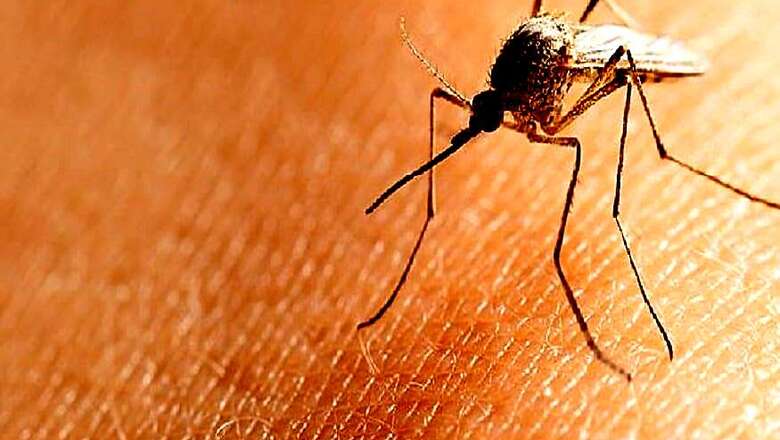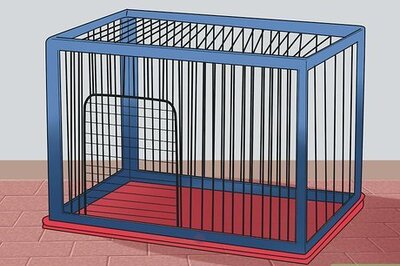
views
Cayman Islands’ Health Services Authority has reported that a resident of the island, who had no recent travel history, has become ill with dengue. Dengue is typically a tropical disease occurring in the monsoon season whose symptoms typically begin three to fourteen days after infection.
Symptoms include high fever, headache, pain behind the eyes, joint and muscle pain, and rash, which may not be visible on people with dark skin. Individuals presenting such symptoms should see a doctor, drink lots of water and refrain from medications containing aspirin.
The dengue virus has five different types, each of increasing severity. Infection with one type gives lifelong immunity to it and short-term immunity to the other types. The dengue virus isn't contagious and can't be spread from person to person. Recovery generally takes around two to seven days. However, if the disease is not diagnosed and treated on time, it may turn out to be fatal in nature.
To avoid dengue infection, people should use insect repellant, wear protective clothing and try to stay indoors around dawn and dusk when mosquitos are most active. There is no vaccine or medication to treat dengue.
Cayman’s confirmed case comes as outbreaks have affected neighbouring countries, including Cuba and Honduras.
“If a person who was infected with dengue in the past is infected a second time, the potential is increased for dengue haemorrhagic fever or shock syndrome to develop, which is a more severe, life-threatening form of the disease,” the HSA release said.
The authority provided the following tips to prevent the proliferation of mosquito breeding:
1. After a rainstorm, quickly remove stagnant water in outdoor and household settings.
2. As a weekly habit, change the water in vases, clear the water in saucers under potted plants, and ensure air-conditioner drip trays are free of stagnant water.
3. Outdoor objects capable of holding water should be kept empty, and preferably disposed of or put into dry storage if not being used. Think about open bottles and tins, watering cans, buckets, empty paint tins and old vehicle tyres.
Changing patterns of rainfall, humidity and temperature linked to climate change are leading to longer breeding spells for the mosquito species that carries the virus, and shortening disease incubation times, reported UNDP.




















Comments
0 comment